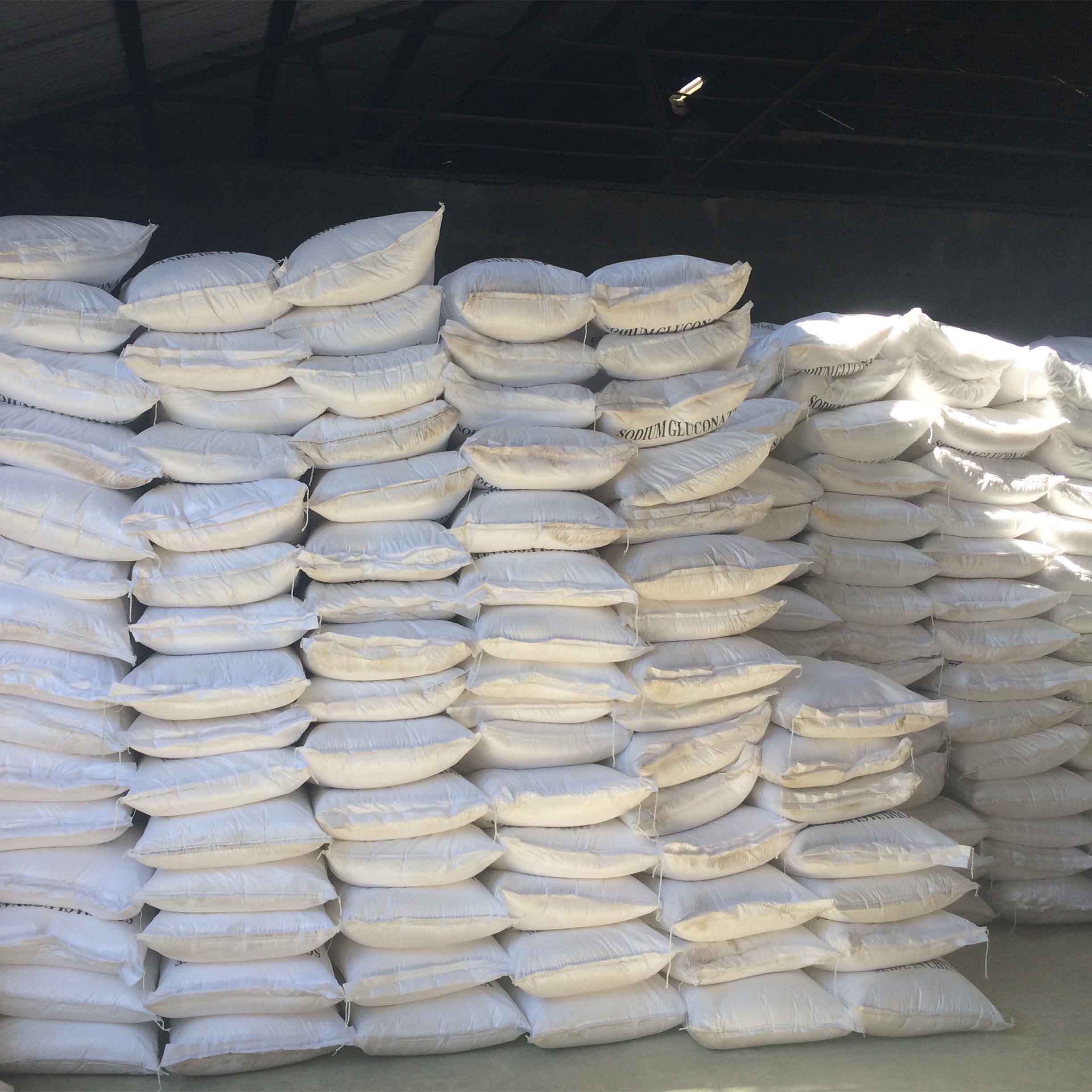
ก.ย. . 01, 2024 05:12 Back to list
Best NPK Fertilizer for Vegetables - Optimal Growth & Yield
The Best NPK Fertilizers for Vegetables
When it comes to growing healthy and productive vegetable gardens, choosing the right fertilizer is crucial. NPK fertilizers, which contain nitrogen (N), phosphorus (P), and potassium (K), are some of the most widely used and effective fertilizers for vegetables. Each of these nutrients plays a vital role in plant growth, and understanding their functions can help you select the best NPK fertilizer for your garden.
Nitrogen (N) is essential for leaf and stem growth. It is a key component of chlorophyll, the substance that plants use to photosynthesize. A good nitrogen supply will result in lush, green foliage and robust growth, which is particularly important for leafy vegetables like lettuce, spinach, and kale. However, too much nitrogen can lead to excessive leaf growth at the expense of fruit and flower development.
Phosphorus (P) is vital for strong root development and is crucial during the flowering and fruiting stages. It contributes to the formation of DNA and RNA, as well as energy transfer within the plant. Vegetables such as tomatoes, peppers, and squash benefit significantly from adequate phosphorus levels, which promote flowering and fruit set. A well-balanced NPK fertilizer with a higher middle number (P) is recommended when planting these crops.
best npk fertilizer for vegetables

Potassium (K) supports overall plant health by improving drought resistance, disease resistance, and enhancing the quality of fruits and vegetables. Potassium contributes to the regulation of various physiological functions, including transpiration and nutrient uptake. Root vegetables like carrots and potatoes particularly benefit from potassium, as it helps to improve their size and quality.
When selecting an NPK fertilizer for your vegetables, consider the specific nutrient needs of your crops. A balanced fertilizer such as 10-10-10 (N-P-K) can be a good all-purpose choice for a variety of vegetables. However, for specific plants, you might want to use fertilizers with tailored ratios. For example, a 5-10-10 mix could be ideal for heavy fruiting crops, while a 20-20-20 formulation might benefit leafy greens early in the growing season.
In addition to the NPK ratio, look for fertilizers that include micronutrients such as calcium, magnesium, and sulfur, as these elements can further enhance vegetable health and yield
. Organic options like compost, fish emulsion, and seaweed extracts can provide these nutrients naturally and sustainably.In conclusion, selecting the best NPK fertilizer for your vegetable garden requires understanding the specific nutrient needs of your plants and choosing a formulation that suits those needs. With the right fertilizer, you can promote healthy growth and enjoy a bountiful harvest. Happy gardening!
-
10 10 10 Fertilizer Organic—Balanced NPK for All Plants
NewsJul.30,2025
-
Premium 10 10 10 Fertilizer Organic for Balanced Plant Growth
NewsJul.29,2025
-
Premium 10 10 10 Fertilizer Organic for Balanced Plant Growth
NewsJul.29,2025
-
Premium 10 10 10 Fertilizer Organic for Balanced Plant Growth
NewsJul.29,2025
-
50 Pound Bags of 13-13-13 Fertilizer for All Plants – Bulk & Organic Options
NewsJul.28,2025
-
High-Efficiency 15-30-15 Granular Fertilizer for Healthy Crops
NewsJul.28,2025
